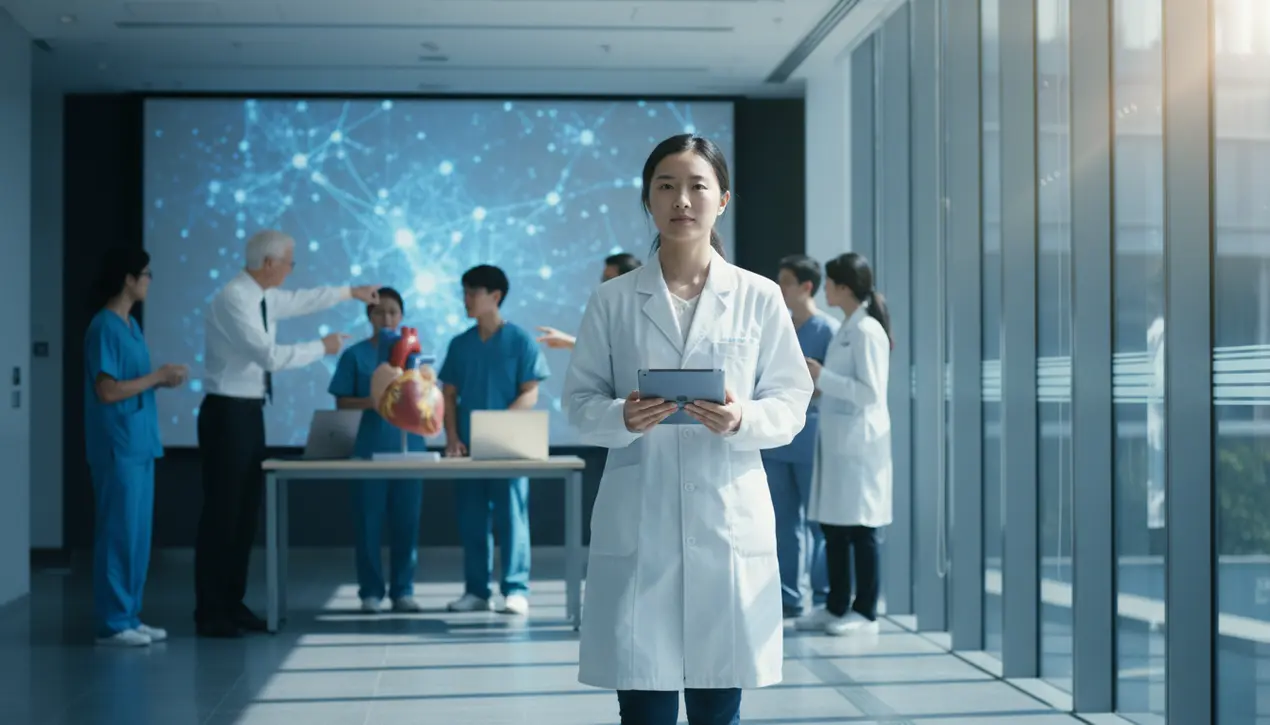
Scienceresearch policy
HKUST to Run Hong Kong's Third Medical School.
KE
Kevin White
1 hour ago7 min read3 comments
In a landmark decision that reshapes Hong Kong's academic and medical landscape, the Hong Kong University of Science and Technology (HKUST) has been selected to establish the city's third medical school, concluding an intense eight-month competition among three major tertiary institutions. This development, confirmed by sources on Tuesday, marks a pivotal moment not just for Hong Kong but for the broader trajectory of medical education in Asia, positioning the city to better address its chronic shortage of medical professionals—a deficit starkly highlighted during the COVID-19 pandemic when the healthcare system faced unprecedented strain.The selection process, which saw proposals from HKUST, Baptist University, and Polytechnic University rigorously assessed by a panel of experts since March, ultimately favored HKUST's vision, a vision that is expected to heavily integrate cutting-edge biotechnology and artificial intelligence into its curriculum. This isn't merely about adding another school; it's a strategic bet on a new model of medicine, one that converges with the technological prowess HKUST is already renowned for, particularly in fields like genomics, data science, and biomedical engineering.The impending announcement by Secretary for Health Lo Chung-mau and education minister Christine Choi Yuk-lin is anticipated to outline a framework that could see Hong Kong leapfrog traditional medical training, embracing a future where AI-driven diagnostics, personalized medicine, and CRISPR-based therapies become standard tools for the next generation of physicians. The implications are profound: for students, it promises a revolutionary educational pathway; for the public, the potential for a more resilient and technologically advanced healthcare system; and for the global medical community, a fascinating case study in whether a tech-first approach can successfully address systemic healthcare challenges.The move also signals a significant shift in governmental strategy, moving beyond merely increasing the number of doctors to fundamentally rethinking how they are trained, a necessary evolution in an era defined by rapid biomedical innovation. This decision will undoubtedly create ripples, challenging the established duopoly of the University of Hong Kong and the Chinese University of Hong Kong and potentially fostering a new era of competitive, specialized medical education in the region. As we stand on the cusp of this new chapter, the world will be watching to see if HKUST can successfully merge the rigor of clinical practice with the disruptive potential of biotechnology, creating a blueprint for the medical schools of tomorrow.
#education
#medical school
#Hong Kong
#HKUST
#university
#health policy
#featured
Stay Informed. Act Smarter.
Get weekly highlights, major headlines, and expert insights — then put your knowledge to work in our live prediction markets.
Comments
Loading comments...
© 2025 Outpoll Service LTD. All rights reserved.